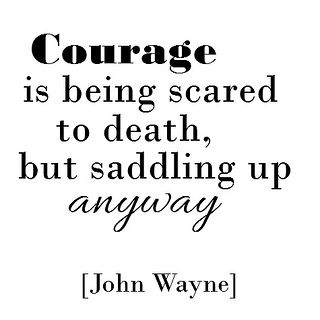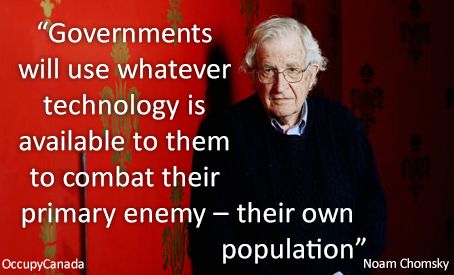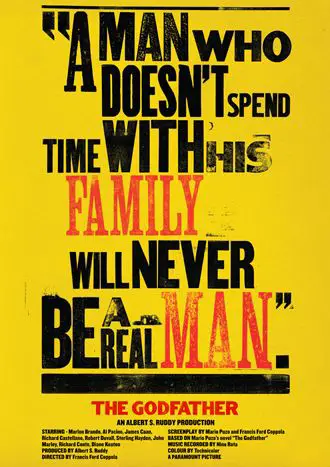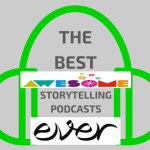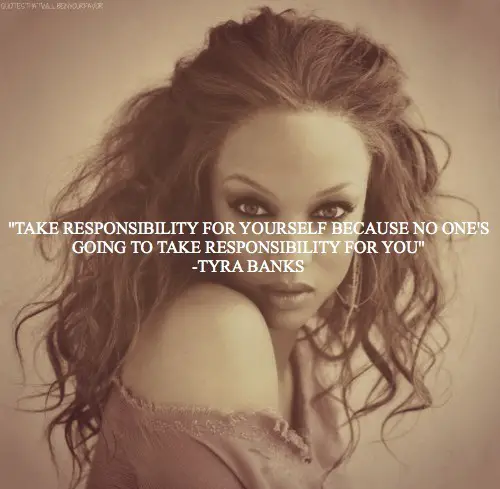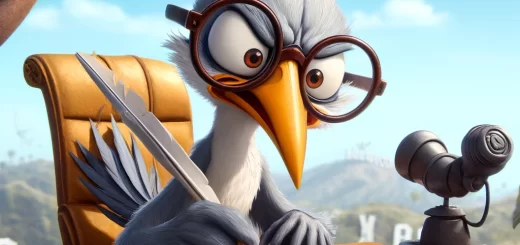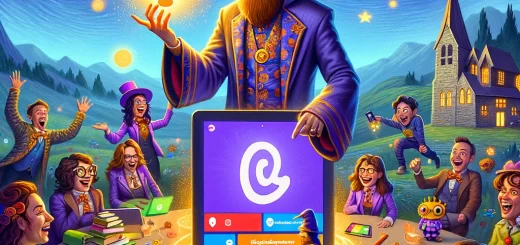Is This The End of Internet Freedom?
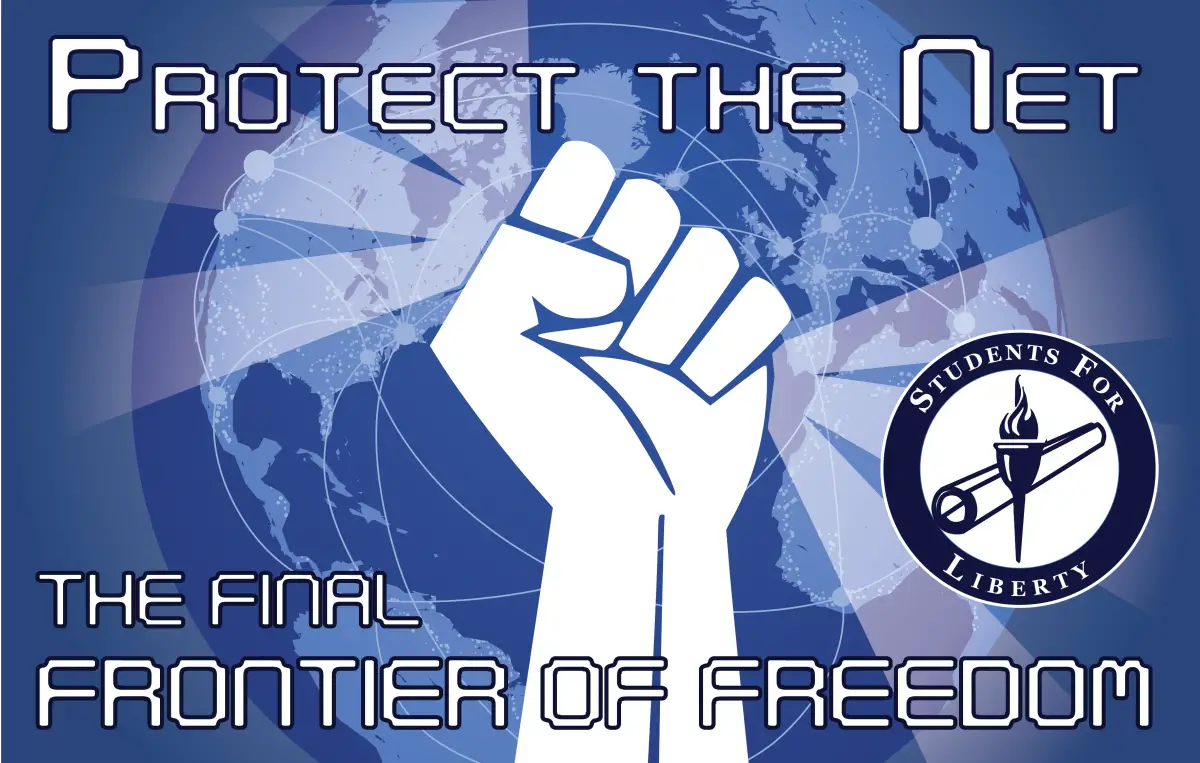
We took this picture from StudentsForLiberty.org These guys are doing something to protect the Internet Freedom. So should you.
I am angry. I am very angry. I am very angry because Facebook, Twitter, and Spotify are acting like a bunch of a-holes.
Here is what pissing me off, as reported by the great and only Wired.com:
Stream unlimited music without any data charges. The offer from T-Mobile includes popular services such as Spotify, iTunes, and Pandora. These apps will no longer count against your data plan, the company announced recently, no matter how much you stream across its 4G LTE network.
Or consider Sprint’s new offer, via its Virgin Mobile pre-paid service: unlimited access to Facebook, Twitter, Instagram, or Pinterest for just $12 per month.
Sounds like a good deal, huh? Sounds like a good deal for a retarded moron who does not care about the well-being of humankind. If you get access to only the major players, this would stifle competition. In turn, innovation would be stifled. Why would you wanna innovate – or do anything at all – when you are totally protected against all possible competition?
What really pisses me off is that these big money a-holes have built themselves on the idea of freedom, the idea of universal Web access. Now they are turning their backs on it.
You may argue that “Facebook is a walled garden”, as it is often called, so it was not really built on “the idea of freedom”.
If you think so, ask yourself: “If all the sites in the world prohibited it from accessing the data they own – back in 2004 when it has just started – would it become as popular as it is today?”
You may still argue that it allows people to share with their friends, so “it would still become that popular”. Well, how about Pinterest?
Pinterest is built on the idea of data mining, or picture sharing to be more specific. If there were no Internet freedom, it would be prohibited from accessing other sites’ data. So its users would be unable to share pictures and there would be no Pinterest.
The same goes for Twitter. It’s built on the idea that anyone can share anything he wants, even if it is totally pointless and annoying, like many tweets are.
You may argue that this is different. That data-sharing between sites is different from data-sharing on social networks. Then ask yourself: “How access by human being is different from access by a computer program, if both are done for the same purpose of data-sharing?”
Yet all of these companies are saying “no” to this idea of data-sharing, the very idea that has helped them grow and prosper. So let’s say “no” to the big money a-holes who are helping them. Let’s say “no” to their deceptive mobile plans. Let’s tell ’em to ‘uck off.
- Met Gala 2024 Uncovered: The Shocking Space Alien Story! - May 9, 2024
- Mufasa The Lion King: A Fresh Roar or Same Old Tale? - May 3, 2024
- Snow Jokes That Guarantee a Blizzard of Giggles! - February 26, 2024
